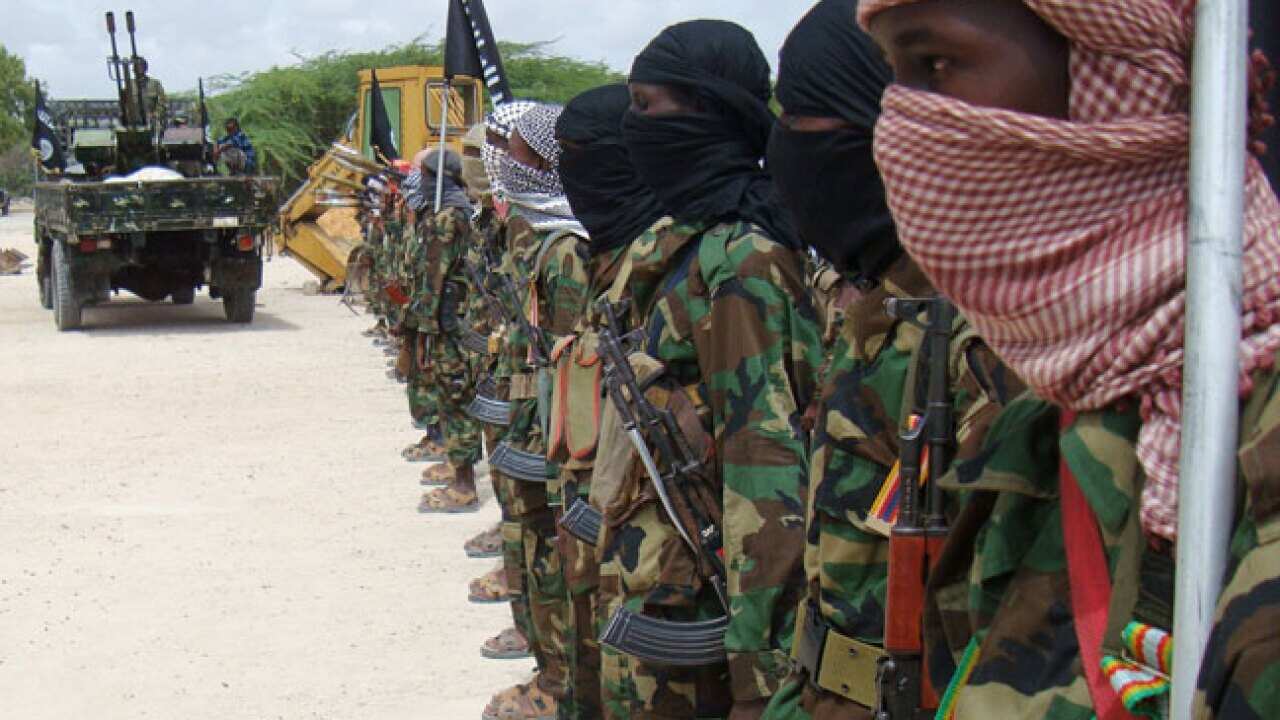The United States said it would support relief work in areas of Somalia held by the al Qaeda-linked al-Shabab, easing restrictions as despair grows over a famine that has killed thousands.
US officials said they were maintaining sanctions against the militia, which controls some of the worst-hit parts of southern Somalia, but would fund reputable groups that take the risk to bring food into Shebab territory.
State Department spokesman Mark Toner said US agencies were now "authorized to provide grants and contracts" to such non-governmental groups, which would not face prosecution if relief efforts "accidentally benefit" al-Shabab.
The United States imposed sanctions on al-Shabab in 2008 that make it a crime to provide any support to the militia, which has emerged as a major force in a country that has lacked a functioning government for two decades.
US officials said the sanctions were never intended to affect aid groups, but that Washington wanted to send a signal that relief workers should not fear legal repercussions for bringing food where it is most needed.
White House spokesman Jay Carney said the United States -- which has devoted more than $450 million to relief in the Horn of Africa this financial year -- was "absolutely committed to assisting the people of Somalia."
Carney said the United States was offering "the assurance to these aid workers that they can get that aid to the people who need it and not worry that they're operating in conflict with US laws and regulations."
The Shebab expelled foreign aid groups two years ago, accusing them of being Western spies and Christian crusaders. The group has recently given mixed signals on whether the ban is in effect; some relief workers have said the militia has tried to impose a "tax" on food delivery.
Humanitarian groups have called the famine in the Horn of Africa the worst in six decades, brought on by severe drought -- likely linked to climate change -- and the virtual absence of any governance in Somalia.
The UN humanitarian chief, Valeria Amos, said Monday that tens of thousands have already died in the Horn of Africa famine and that some 12.4 million people in dire need of help in Somalia and nearby countries.
About $1 billion has already been promised by the international community, but Amos said the United Nations "urgently needs another $1.4 billion to save lives."
Semhar Araia, Horn of Africa regional policy adviser for Oxfam International, welcomed the US announcement but said it was crucial to make up the funding shortfall and for aid groups to go into Somalia to chart out relief plans.
"This is a step in the right direction, but we want to make sure that groups can go in and really do it," she said.
"There are ways to respond and there are ways to reach the people, but it's certainly extremely difficult given the conflict and insecurity."
US officials acknowledged Tuesday's changes may not have a major effect and that some assistance may fall into al-Shabab's hands.
"We don't expect there to be any grand bargain where we'll be able to have access to all of southern Somalia. But we are working to find whatever ways we can to deliver that assistance," a US official involved in aid efforts said on condition of anonymity.
Another US official said that it was a mistake to consider al-Shabab "absolutely monolithic."
"Our experience is that there are places in southern Somalia where we've been able to deliver aid to people in need even though those people are in al-Shabab-controlled territory," he said.
President Barack Obama has authorized arms shipments to fighters battling the al-Shabab, fearing the lawless country could become a new safe haven for Al-Qaeda and other extremist networks.
But the United States has bitter memories of Somalia, where it abruptly ended an earlier humanitarian mission in 1993 after an intense street battle killed nearly two dozen US and allied troops, along with hundreds of Somalis.
Share

